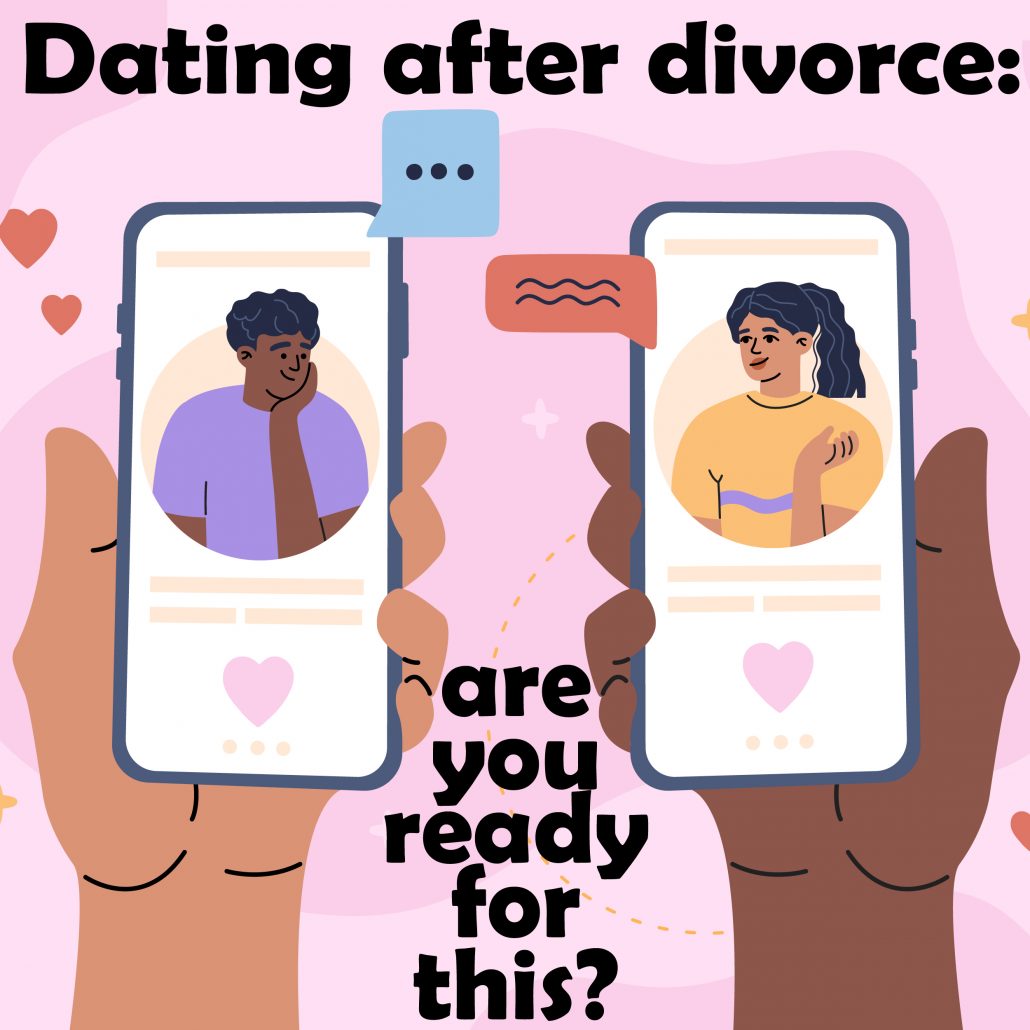Boundaries, Balance & Self Care as a Sex Worker
Boundaries, balance, and self-care are interconnected pillars that support mental, emotional, and physical well-being, ultimately contributing to a greater sense of happiness and fulfillment in life.
Establishing and maintaining boundaries can prevent burnout, reduce stress, and enhance self-esteem, leading to better mental health; achieving balance in various life domains allows us to pursue our passions, nurture relationships, and attend to our needs effectively; and practicing self-care reinforces feelings of self-worth and self-compassion. When we prioritize our well-being, we send a message to ourselves that we are deserving of care and attention, which can boost self-esteem and contribute to a more fulfilling and satisfying life.
Here’s Emma from Imperfectly you to explain how boundaries, balance and self care as an adult industry professional can lead to a greater sense of happiness!
Your Affirmation :
‘I set boundaries with myself and those around me, this is an act of self care’
At Imperfectly You, we know that as self employed sex workers our schedules don’t adhere to the conventional 9 – 5 grind. It’s a reality that demands a flexible approach including setting boundaries that cater to our individual needs.

Your workday might involve meeting clients, creating content, or performing in front of a camera—possibly all three! Each day in this profession is unique, and no two days for an Adult Performer are alike.
Aside from our work, we also have other interests. To the shock of some clients, we have roles, responsibilities and endeavours that don’t involve being sexy 24/7. We are multifaceted human beings after all 🙂
With that being said, balancing it all can become a bit of a juggling act and sometimes our working hours start to encroach upon our personal time. Our days may roll into one with your ‘switch off’ button nowhere to be found. This overlap can result in a decrease of productivity & enjoyment within both our work and personal life. For some this results in a lack of motivation and can be the dreaded path to burnout.

If you’re aiming to reshape your workdays to prioritise personal time and want to feel energised doing the work that you do then this exercise is for you…
Adult Work:
- Break down your adult work into activities – client sessions / content creation / camming / editing clips / marketing, etc.
- How many hours would you like to spend on each activity per day / week without this taking a toll on your well-being?
- How much energy do these activities require?
Personal Time:
- What activities are included in your personal time? -socializing / time with family / cooking / chilling / working out etc.
- Prioritise – what activities are your non-negotiables? – reading your morning paper with a coffee (be as specific as you like)
- What activities give you energy?
- What activities relax you?
- What are you not doing that you would like to do?
Examine your current schedule
Track your week to establish how you’re spending your time. Identify likes and dislikes in your daily routine. Take note of your energy and enthusiasm with each activity throughout the day. Are you a morning person or do you get a lease of life later in the afternoon?
What is your ideal day?
Given your current situation, what would a ‘balanced’ day look like for you? Feel free to close your eyes and really imagine what this would be like from the moment you wake up. How are you feeling within your body & mind?
You should now have an idea of things you’d perhaps like to change or improve to create more harmony throughout your day. Before you start to devise a new plan, here are some things to consider
A routine
As highlighted earlier, our work doesn’t follow the typical 9-to-5 structure, yet establishing some sort of routine where we can does have its advantages. While we may say yes to last-minute requests if the money is particularly good, is it possible to designate specific hours each day for uninterrupted activities? For instance, if you’d like to commit to a 2-hour cam session daily, when can you realistically set aside this time? Finding these pockets of dedicated time amidst the fluidity of our days can be so beneficial.
Consider energy givers / takers
Think about the parts of your work or personal life that uplift you and those that drain your energy. Can you arrange an ‘energy-giving’ activity before a task that tends to deplete your energy? For eg, this may look like going to the gym before creating content or working with a client. Identify the times of day when your energy peaks, perhaps mornings are best for diving into marketing strategies, and afternoons suit more physical activities. Consider structuring your day to end with a relaxing activity, aiding in unwinding and transitioning into a state of ’switching off’ a few hours before bed.

Swallow the frog
Tackle the toughest task first – whatever you tend to delay or avoid, prioritise it at the start of your day. Completing this task right away sets a tone of accomplishment, making the rest of your day feel smoother and more manageable. Starting with the most challenging task can uplift you from the get-go.
Set realistic goals
This advice is frequently repeated, yet implementing it is often more challenging than it sounds. When you’ve broken down your goal and still find yourself overwhelmed, consider setting micro-goals. Even if it means jotting down a simple 5-minute task like ‘take a shower,’ breaking it into smaller steps can make progress more achievable.
Focus on the next hour only
At times, our schedules and to-do lists can become overwhelming, hindering our progress. When you find yourself unable to move forward due to a barrage of thoughts, consider shifting your focus to the upcoming hour only. For eg – this next hour is for taking photos for content and set a new goal after each hour. These adjustments are here to empower you, not create more stress.
Put time limits on your tasks
Do you tend to persist until the task is done, even if it means working late into the night? Consider using a timer and adhering strictly to allocated time frames for specific activities. Self-discipline encompasses knowing when to pause just as much as it involves knowing when to work.
Protect your time
Give yourself the best chance of success by eliminating any distractions to the activity you want to achieve or enjoy. For eg, This might involve turning off your work phone when spending time with family or communicating to friends that you’ll be unavailable during specific dedicated hours. Guarding your time this way maximises your chances for quality rest & better productivity.
Going forwards
Now it’s time to consider what adjustments you might like to make to your upcoming week! You may have uncovered an activity that you really love to do that you haven’t been making time for. Well now is your chance.
Things to note: Avoid making too many major changes at once; try implementing one adjustment at a time and gauge its impact.
If a particular change to your schedule works well, consider incorporating additional changes gradually. Remember, achieving balance isn’t a one-time event—it’s an ongoing journey. As situations evolve, it’s valuable to periodically reassess when things feel a bit ‘off.’ Embrace this process of self-reflection to cultivate a more fulfilling and harmonious work-life balance.
If you’d like support managing your work flow and creating more time for you, you can book a free call with me here.
If you feel like you need mental health support, you can apply for subsidized therapy with Pineapple Support here.
Wishing you an energised and prosperous week!





